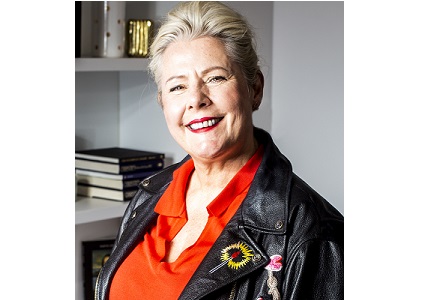In the US, influencers are playing a prominent part in Michael Bloomberg’s Democrat nomination strategy. Mary Keane-Dawson, Group CEO at Takumi, looks at how social media is changing politcal campaigning.
Past political campaigns have used celebrities for endorsement, but it’s far more common with traditional media formats such as TV or billboards. Mike Bloomberg’s (US Democratic Party) equivalent use of influencers cements social media’s value as an alternative and effective way to reach younger audiences.
I wouldn’t be surprised to see other politicians following suit, but they should be extremely careful when choosing which influencers to collaborate with. Step one is to work with influencers whose specific style and follower demographic correlates with your key audience; step two is to amplify the content to reach more people and step three is to integrate these partnerships into a wider marketing campaign that conveys nuanced political messages in a compelling and thorough way.
Generally, influencer marketing in the political space would have to be approached with caution and in many cases, may not make sense. Takumi generally encourages clients to give influencers the creative license to put their own spin on things and tell a brand story in their own words: they are the experts of their own audience and know what will resonate best. However with political content, any dilution of messaging can be easily misinterpreted and difficult for the politician to control.
If partnerships aren’t properly managed, there’s a potential risk both the influencer and politician could lose consumers’ trust which is vital to the success of any influencer marketing campaign. That said, spoon-feeding messages to influencers results in less authentic content and defeats the purpose and benefits of influencer marketing. Takumi’s recent whitepaper, for example, found that 80% of consumer survey respondents in the US would unfollow an influencer if they found out they had dramatically misrepresented themselves or their lifestyle to followers. This is where partnerships in the political space which are not based on shared values could backfire on both the creator and politician.
By Mary Keane-Dawson
Group CEO
Takumi
